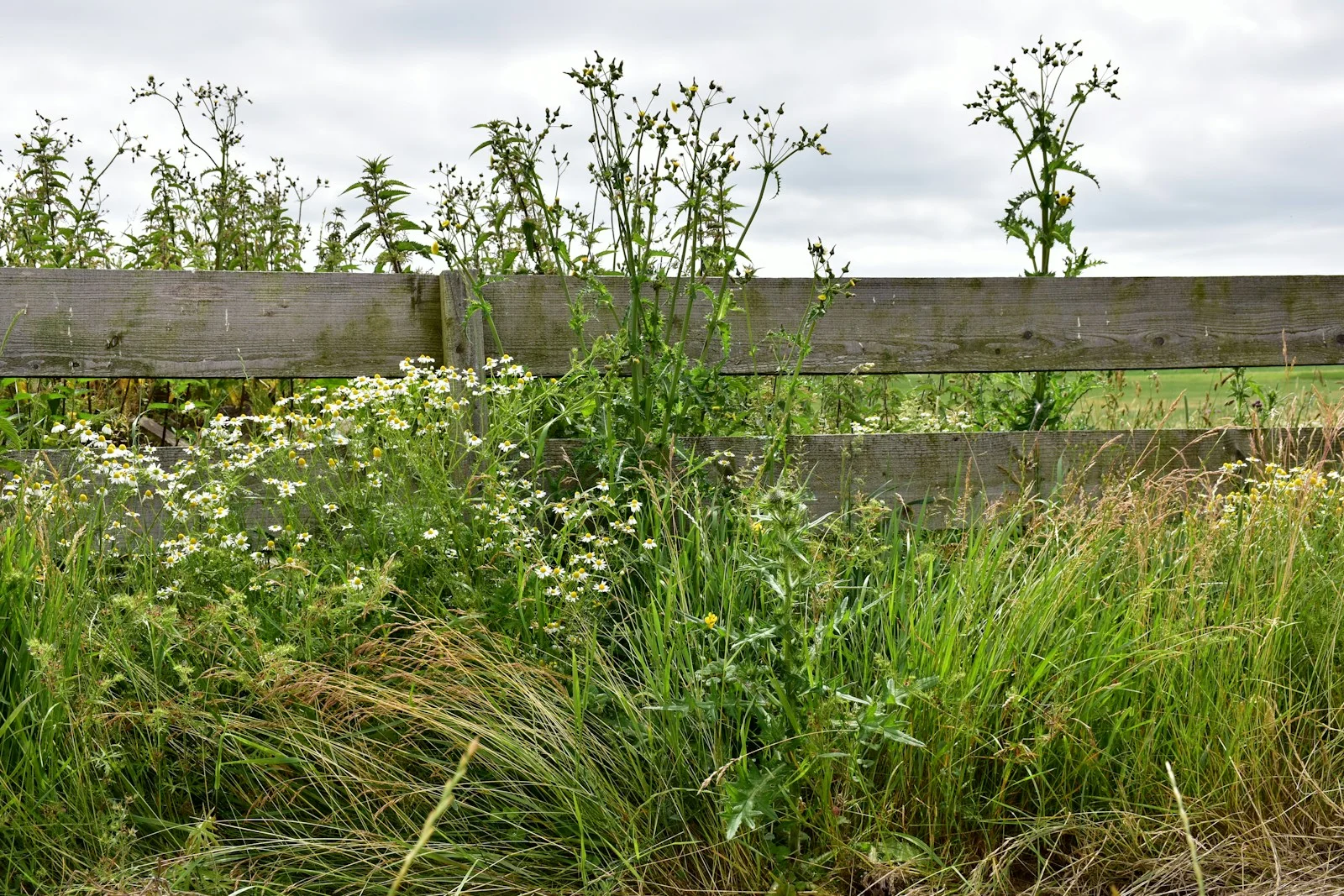The act of commoning, a term that has gained considerable attention over the years, is an activity that has roots in ancient practices and is widespread across the globe. This article delves into the concept of “what is commoning” and explores its implications in our contemporary world.
Commoning: A Historical Overview
The idea of commoning is not new. The term, popularized by historian Peter Linebaugh, traces its origins back to the era of the Magna Carta, a foundational document of Anglo-American democracy. But what is commoning in this historical context?
The Magna Carta affirmed the rights of people, known as “commoners,” to use commons to fulfil their basic needs. The commons, in this case, refer to natural resources that are collectively owned and managed by a community. Therefore, commoning describes people living in close connection to the commons, with the term serving as a verb to capture the active nature of this relationship.
Utilizing this historical lens allows for a deeper understanding of commoning as an action that encapsulates the essence of social cooperation and communal responsibility.
The Indigenous Perspective on Commoning
The perspective on commoning is not universal but varies with cultural contexts. Robert Lovelace, a representative from the Ardoch Algonquin First Nation, brings an Indigenous viewpoint to this conversation.
According to Lovelace, language is the “signature” of culture, shaping how we interact with each other and the world around us. He suggests that Indigenous languages, which often use verbs rather than nouns, foster a more relational understanding of the world, emphasizing actions and relationships over possessions.
This perspective on language aligns with the concept of commoning. By focusing on action words, commoning brings to life the social element of the commons, illustrating a shift from individualism to collective responsibility and cooperation.
The Social Impact of Commoning
Commoning is not just a concept but a way of living that has powerful implications for our social interactions and communal structures. It is about co-creating and co-producing the world we want to see, not waiting for others to solve our problems but actively participating in finding solutions.
This approach to cooperation and collaboration represents a new way for citizens to shape the future of their communities, breaking free from the constraints of market-driven dynamics or dependency on government funding. It embodies a form of common sense, where people come together to meet their shared needs and build a more connected community.
Commoning: A Resistance to Modern Paradigms
Commoning also serves as a form of resistance against the dominant paradigm of modern life, which often prioritizes market economy over fundamental human needs and connections. The practice of commoning encourages us to reimagine our ways of living, tapping into our creative potential to envision different ways of interacting and organizing our social and economic lives.
This process often involves resurrecting forgotten traditions and cultural practices, thereby not just discovering but also inventing the commons. As we rediscover and reimagine how to interact and take responsibility in both old and new ways, we engage in one of the oldest ways of being — that is, commoning.
The Triad of Social Relations, Sustainable Provisioning, and Peer Governance
In their book Free, Fair and Alive: The Insurgent Power of the Commons, David Bollier and Silke Helfrich conceptualize commoning as a triad of three spheres:
- Social practices
- Acts of provisioning
- Forms of peer governance
These components are not isolated entities but integrated and interconnected spheres influencing each other’s functioning. Commoning, as a result, produces commons, a generative social lifeform that addresses shared needs with minimal reliance on markets or states.
The Social Life of Commoning
The social aspect of commoning encompasses patterns of cooperation, sharing, and relationality. Contrary to a vision of reality that prioritizes individual liberty, commoning emphasizes interconnectedness and interdependencies. It is about creating and maintaining relationships among people, between humans and the nonhuman world, and across generations.
Commoning represents a challenge to capitalism because it is based on a different ontology, or meaning framework, centered on deep relationality. This shift in ontology is what Bollier and Helfrich refer to as the ‘OntoShift of the commons’.
Commons-Based Provisioning
Commons-based provisioning, or provisioning through commons, is about meeting people’s needs by producing things and services together. This means that commons inhabit a proper space within the economy, challenging the traditional neglect of the commons within economic thought.
Commons-based provisioning aims to provide a stable, fair, satisfying, and ecologically minded way of life. It focuses on creating wealth in a regenerative way, producing durable and useful ‘goods’ that have ongoing social importance for both makers and users.
Peer-Governance
Peer-governance, the process of governing through commons, is distinct from top-down decision-making (governing for people) and participative decision-making (governing with people). It is about governing through people, providing regularity and stability to a commons, revolving around interpersonal social relationships, and dealing with property, money, and markets.
The Commons and Degrowth
The commons and the degrowth movement are linked in their shared vision of enhanced liberty in connectedness. The commons discourse critically examines the notion of wealth, linking it to a vision of abundant relationships, networks, and forms of cooperative governance. This perspective can help us develop practices that respect the limits of growth and enlarge everyone’s freedom to act in a self-determined way.
Conclusion: The Future of Commoning
The act of commoning offers a powerful framework for envisioning and building a society rooted in cooperation, shared responsibility, and respect for both human and non-human nature. As we navigate the complexities of our modern world, the practice of commoning can serve as a compass, guiding us toward a more connected, equitable, and sustainable future. As we continue to ask “what is commoning,” it is crucial to remember that commoning is a living, evolving practice that adapts to the needs of its practitioners and their communities.






